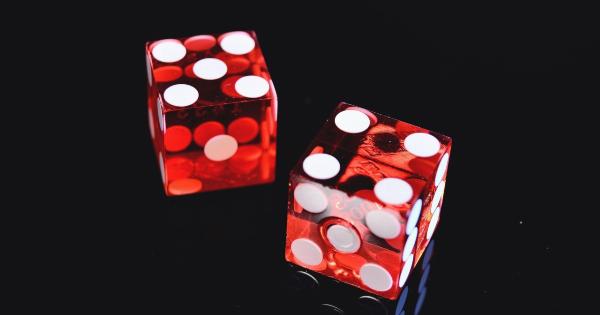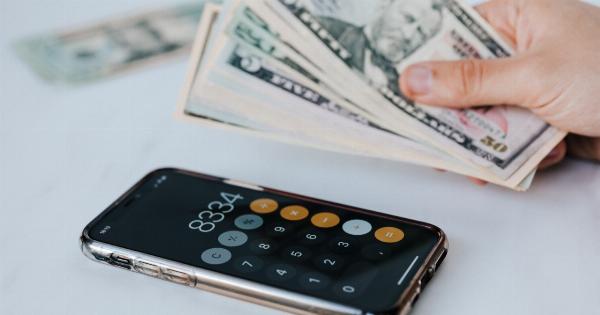There is a perception that gambling, if not done excessively, is a harmless activity. It may be seen as a form of entertainment for some while for others a chance to make a quick buck.
However, the truth is that gambling addiction is real and can cause irreparable harm to a person’s life. In this article, we intend to debunk the myths surrounding “innocent” gambling.
: Myth 1
Many people believe that gambling is simply a recreational activity that doesn’t hurt anyone and is just harmless fun. The truth is that gambling can be addictive.
Individuals who can’t control their gambling habit can quickly spiral into debt, leading to financial ruin.
: Myth 2
Many people who gamble believe that they can’t become addicted to gambling. Unfortunately, this is not true. It’s been found that when a person wins at gambling, their brain releases dopamine, a chemical that gives a feeling of pleasure.
This “pleasure” feeling of winning, coupled with the hope of winning more, can be intoxicating and addictive.
: Myth 3
People who are addicted to gambling come from all walks of life, age groups, ethnicities, and socioeconomic backgrounds. Gambling addiction can happen to anyone who engages in gambling.
: Myth 4
A person may develop a gambling addiction even if they gamble occasionally. It’s the intensity and duration of time spent gambling that increases the risk of addiction. So, even someone who gambles once a week may be at risk of becoming addicted.
: Myth 5
Gambling addiction is not just a financial problem. It’s a behavioral addiction that affects a person’s life in several ways. A gambling addict may start missing work or school or neglecting their family and friends.
They may feel depressed or anxious and have suicidal thoughts, causing a significant impact on social and emotional well-being.
: Myth 6
Gambling addiction is not a victimless crime. It can hurt the individual, their family, and the community they belong to.
An individual who is addicted to gambling may resort to illegal activities such as theft to fund their addiction, causing harm to themselves and their community.
: Myth 7
Gambling is a game of chance, and one can never be sure about the outcome. Despite what people may believe, there is no guarantee of a win.
Most of the time, the outcome is a loss, adding to a person’s financial burden and further risking their addiction.
: Myth 8
Gambling addiction is not easy to overcome. An addict may have to go through a prolonged period of treatment, including counseling and support groups, to overcome it completely.
“Just quitting” without professional help may not be possible for many people struggling with gambling addiction.
: Myth 9
Gambling addiction treatment has proven to be effective in overcoming the addiction. It includes cognitive-behavioral therapy, medication, and support groups.
The treatment aims to change the addict’s behavior and attitude towards gambling and prevent relapse.
: Myth 10
Gambling addiction recovery is not a personal matter. Recovering from gambling addiction requires support from family, friends, and professionals. The road to recovery is not easy, and a person may need help to achieve it.
: Conclusion
Gambling addiction is a serious problem that has only become more prevalent in today’s society. Debunking these myths can help people understand the real risks associated with gambling, and may help prevent people from developing their addiction.
If a person discovers they have a gambling problem, they should seek help from professionals to overcome it. By getting the necessary support and treatment, they can reclaim their life, free from the negative effects of gambling addiction.
























